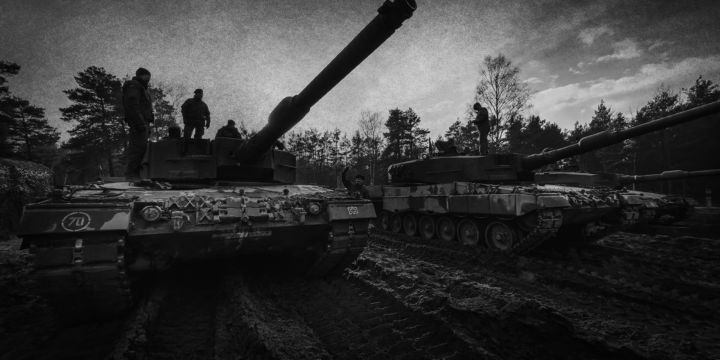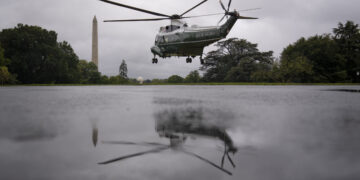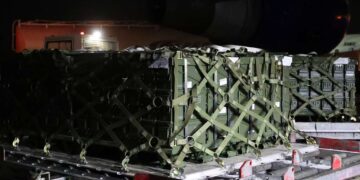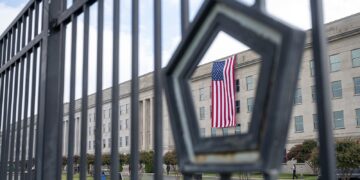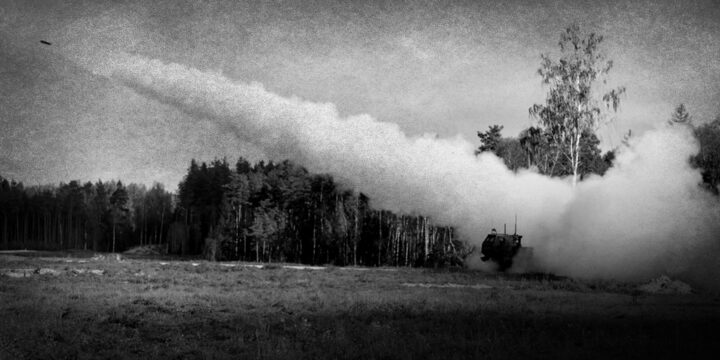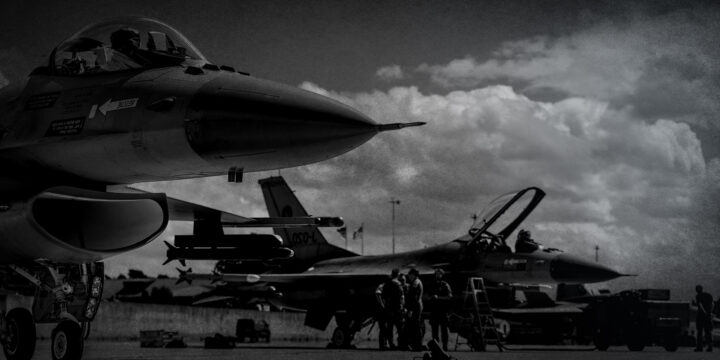February 24, 2023
One year later, Ukraine-Russia war poses risk of catastrophic escalation
By Rajan Menon and Benjamin Friedman
FOR IMMEDIATE RELEASE:
February 24, 2023
Contact: press@defensepriorities.org
WASHINGTON, DC—Today marks one year since Russia invaded Ukraine. Defense Priorities Director of Grand Strategy Rajan Menon and Defense Priorities Policy Director Benjamin H. Friedman issued the following statements in response:
Rajan Menon:
“Russia’s invasion of Ukraine has belied many expectations, to say nothing of predictions. Still, this much, at least, can be said with certainty: We are nowhere near the end of this war. Despite mounting calls for a diplomatic settlement, no such breakthrough is on the horizon. Russia and Ukraine both continue to believe they will prevail if they keep fighting. No mediator can break this impasse.
“The Biden administration has managed a delicate balance over the past year. It has armed Ukraine with advanced weaponry—to the tune of nearly $30 billion in military aid—but without triggering a Russian response that expands the war beyond Ukraine or involves the use of nuclear weapons. However, the longer the U.S. and its NATO allies manage this balance artfully, the more likely they are to become confident that they can do so, without risk and indefinitely. But as the volume of weaponry entering Ukraine increases, the Kremlin may conclude that it has to up the ante to stop the flow, especially if its continuation puts Russian forces at an increasing disadvantage. In short, the West’s success, could paradoxically set the stage for failure, namely Russian escalation rather than capitulation.
“Moscow and Washington now seem to believe that they lack any shared interests. Yet a second statement about this war can be made with certainty: Russia and the United States have nothing to gain and much to lose if the war—through whatever path—spills onto NATO’s territory or culminates in a nuclear confrontation.”
Benjamin H. Friedman:
“One oddly positive lesson to emerge from the war is that Russia is a far weaker conventional military than generally thought, and that motivated middleweight powers like Ukraine can use defensive advantages to hold off stronger ones. This surely suggests that European powers are even more capable than we knew of balancing and deterring Russia’s threat, which allows for a reduction of U.S. force deployments in Europe. And we can say that U.S. strategy globally, in its commitment to the territorial status quo, is cheaper than often perceived and capable of being more aggressively outsourced to local allies.
“The outbreak of war also demonstrates the danger of dangling the prospect of security guarantees to endangered states we have no intention to protect. Those who see the extension of security guarantees to Ukraine as a good way to ensure peace there are learning the reverse of what they should; western security guarantees will never actually protect Ukraine, as they are not credible, but they may help prevent a meaningful settlement between Kyiv and Moscow.”
More on Eurasia
Featuring Jennifer Kavanagh
July 15, 2025
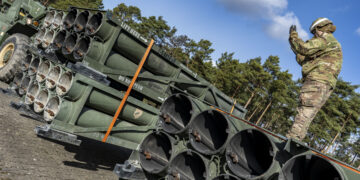
Featuring Dan Caldwell
July 13, 2025
Events on Ukraine-Russia
